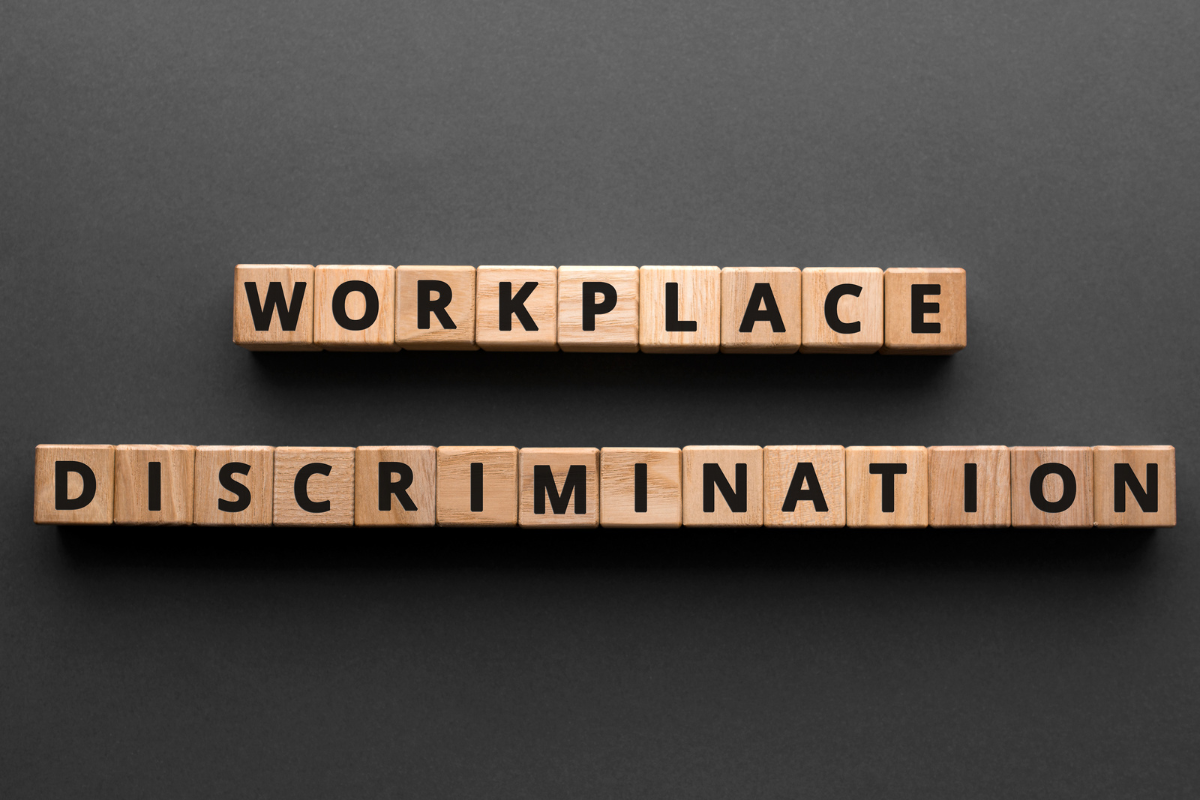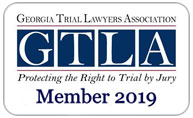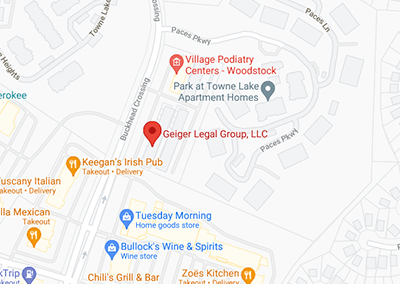
Everyone deserves equal treatment at their job, regardless of gender, race, age, or sexual orientation. When employers or employees discriminate against others, it creates a hostile work environment and makes life miserable for the innocent people they target. All too often, employees feel powerless in the face of workplace discrimination. However, you should know there are legal remedies if an employer or coworker mistreats you.
At Geiger Legal Group, LLC, our attorneys have more than 40 years of experience helping employees who have been the victims of discrimination. A Georgia workplace discrimination lawyer with our firm can review your situation, explain your options, and help you hold your employer accountable for their actions. We are well-known for the results we deliver and the excellent client service we provide. Call us today or visit our contact page for more information and a free case review.
What Is Considered Discrimination in the Workplace?
According to the Equal Employment Opportunity Commission (EEOC), workplace discrimination occurs when someone at a business treats another person differently because of their race, gender, age, sexual orientation, or another factor unrelated to their job performance. Discrimination covers everything from preferential treatment and unequal pay to harassment and retaliation.
There are many examples of workplace discrimination, including:
- Age discrimination – Employers sometimes discriminate against older workers because they believe those workers lack the necessary skills to handle a job and cannot learn anything new. Employers might also engage in age discrimination by harassing older workers, underpaying them, denying promotions for older employees, or retaliating against an older worker who asks for reasonable accommodation.
- Racial discrimination – Some employers refuse to hire people of certain racial backgrounds, often because they subscribe to racial stereotypes or have regressive beliefs. In other instances, workers are subjected to harassment, retaliation, or other unfair treatment because of their race.
- Religious discrimination – Religious discrimination may involve unfair treatment or hiring practices regarding people of certain faiths or an employer who tries to impose their religious beliefs on others.
- Gender discrimination – Gender discrimination can happen to anyone, though it is often directed against women and transgender people. Gender discrimination may involve unfair hiring practices, qualified workers being denied promotions, harassment, pay discrepancies, and retaliation.
- Discrimination against people of a different sexual orientation – LGBTQ employees frequently experience unfair hiring practices, discriminatory pay discrepancies, harassment, and retaliation at work.
- Discrimination against people with disabilities – The Americans With Disabilities Act (ADA) and other anti-discrimination laws clearly state that employers must make reasonable accommodations for workers with disabilities. Sadly, many employers refuse to make these accommodations or will not hire anyone with physical or mental disabilities.















